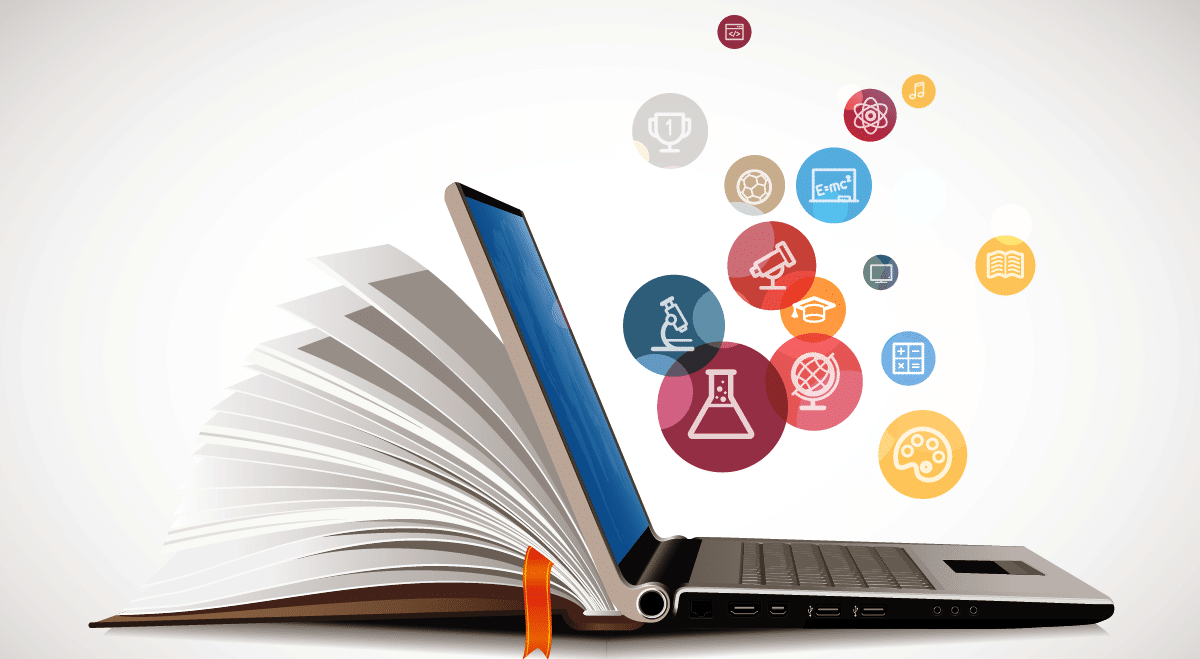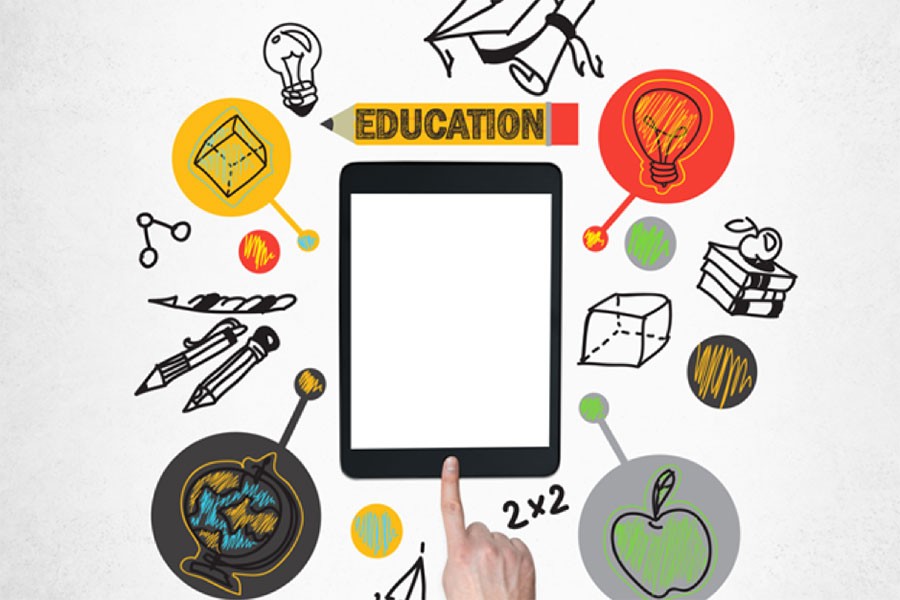Comprehensive Service Guides for Advancing Technology Education And Learning in Schools and Colleges
The integration of modern technology education right into school and college educational program has actually become an essential important in preparing pupils for an increasingly digital labor force. What certain methods can be adopted to optimize their effect on both instructors and trainees?
Importance of Modern Technology Education And Learning
As technology remains to develop at an unprecedented rate, the significance of innovation education has actually come to be increasingly apparent in today's culture. The integration of technology right into numerous aspects of life necessitates that people have a foundational understanding of technological ideas and applications. This knowledge not just boosts employability yet likewise cultivates vital reasoning and problem-solving skills important for browsing a dynamic labor force.
In educational institutions, modern technology education and learning furnishes students with the capability to adjust to fast adjustments in markets driven by development. It encourages creativity and empowers students to engage with emerging technologies, from artificial intelligence to information analytics. Moreover, modern technology education promotes digital literacy, which is vital in a period where information is easily offered yet typically deceptive.

Trick Elements of Effective Guides
Effective guides for modern technology education should encompass numerous essential elements to guarantee that students acquire one of the most from their experiences. A distinct educational program is necessary, laying out the purposes, finding out results, and the abilities to be established. This curriculum ought to be regularly updated to reflect the swiftly developing technological landscape, making certain relevance and applicability.
Second, comprehensive sources that include textbooks, on-line products, and hands-on tools are important. These sources ought to be varied and accessible, accommodating different finding out designs and choices. Additionally, integrating real-world situations and study can improve understanding and involvement.
Third, assessment strategies should be consisted of to evaluate student progress properly. These assessments should be varied, encompassing summative and formative examinations that straighten with the discovering purposes.
In addition, professional development possibilities for instructors are vital. Educating programs and workshops can outfit instructors with the current instructional techniques and technical improvements.
Finally, promoting a collective discovering setting encourages peer communication and knowledge sharing. By consisting of these key elements, guides for innovation education can dramatically enhance the discovering experience, preparing trainees for future obstacles in a progressively digital world.
Building Industry Collaborations
Structure solid sector partnerships is an important aspect of enhancing technology education. These collaborations between schools and companies develop a dynamic community that benefits instructors, companies, and students alike. By promoting connections with market universities, leaders and institutions can straighten their curricula with the progressing demands of the job market, making sure that students get pertinent skills and expertise.
The growth of teaching fellowships, instructions, and mentorship programs functions as a cornerstone of these partnerships. Such possibilities supply students with hands-on experience, improving their employability and practical understanding of modern technology applications. In addition, industry companions can supply understandings into arising patterns and technological improvements, allowing instructors to adapt their training techniques as necessary.
In addition, partnerships can assist in accessibility to sources, such as devices, software program, and funding for research jobs. These contributions enrich the learning environment and make it possible for organizations to stay at the forefront of technological development. Inevitably, constructing durable sector collaborations is important for cultivating a skilled workforce that satisfies the requirements these days's rapidly changing technological landscape, while likewise driving financial growth and competition in the broader area.
Implementing Technology Programs
Carrying out technology programs within academic organizations calls for a calculated method that prioritizes both educational program advancement and resource allocation. To start successful technology assimilation, establishments have to initially evaluate their existing framework and recognize voids in sources, including equipment, software application, and workers training. This evaluation enables colleges and colleges to create a customized strategy that lines up with their specific academic objectives.
Following, it is necessary to develop a detailed curriculum that includes arising modern technologies and market requirements. Collaborating with educators, market specialists, and stakeholders can make certain that the curriculum continues to be appropriate and efficient in preparing trainees for the workforce (Make Money). In addition, expert advancement for professors is vital, as it equips instructors with the abilities necessary to efficiently instruct brand-new modern technologies
Additionally, establishments must highlight the importance of hands-on understanding experiences, such as workshops and labs, that permit students to use theoretical expertise in functional setups. This experiential technique enhances involvement and promotes essential thinking. Safeguarding lasting funding through gives and partnerships can see this aid keep and broaden technology programs, guaranteeing long-term success and adaptability in an ever-evolving technological landscape.
Determining Success and Results
Analyzing the success and end results of innovation education and learning programs is important for validating their effect and directing future improvements. Effective dimension frameworks must encompass both quantitative and qualitative metrics, offering a comprehensive sight of program effectiveness. Key performance indicators (KPIs) such as student registration figures, retention rates, and course completion percents use valuable measurable data.

Integrating standard evaluations can even more evaluate students' technological competencies and preparedness for the workforce. Benchmarking versus similar institutions enables contextually pertinent comparisons, highlighting areas for development.
Eventually, the constant examination of modern technology education programs fosters a culture of enhancement, making certain that they progress in positioning with market demands and academic criteria. By systematically gauging success, institutions can not just demonstrate accountability to stakeholders yet also enhance their offerings, thereby improving the finding out experience and preparing students for the ever-changing technical landscape.
Verdict

The assimilation of innovation education and learning into school and university curricula has come to be a critical vital in preparing students for an increasingly electronic workforce.As modern technology proceeds to progress at an extraordinary speed, my site the value of innovation education has come to be increasingly obvious in today's culture.In academic establishments, technology education gears up pupils with the capacity to adapt to fast changes in sectors driven by advancement. By focusing on technology education and learning, organizations can cultivate a generation of notified citizens capable of leveraging technology for personal and societal advancement. The execution of robust evaluation techniques allows organizations to gauge success and outcomes, ultimately enhancing the overall performance of innovation education efforts and preparing pupils for future difficulties.